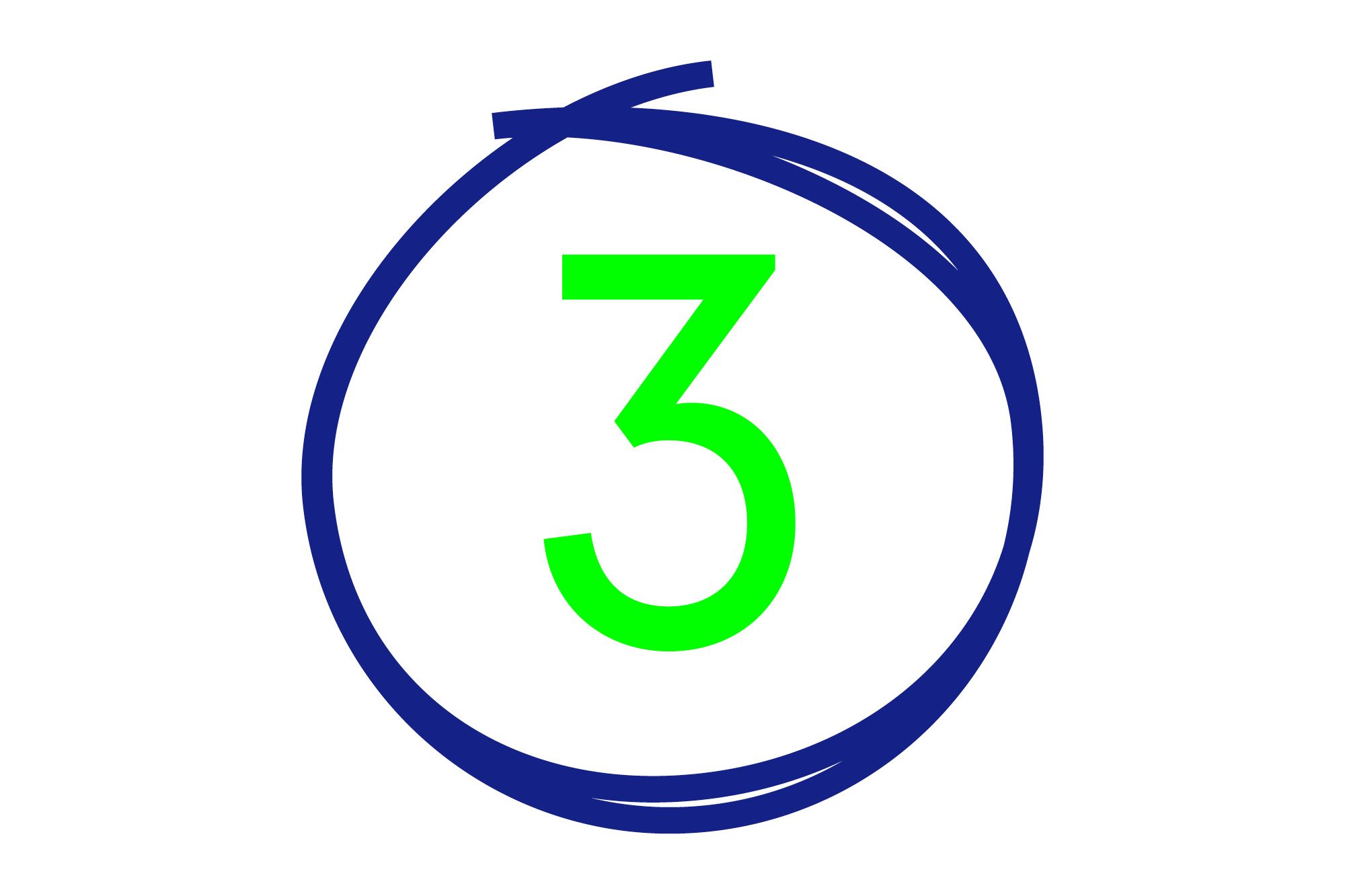Describe the Ideal Candidate in three words A NICE PERSON
What’s the best way to get noticed at application stage? Obviously a good portfolio with a focus on typography helps. We look at every detail, for example the spacing of phone numbers and the correct use of dashes between the years in the CV. Everyone in our studio is entirely responsible for his own work. If someone makes basic typographic mistakes me or my colleagues would have to check everything before it goes to print. So that’s the basics. Apart from that we are looking for personality in the work. Nowadays there is so much design around, in books magazines and on blogs. It’s hard to do something that hasn't been seen before. The work we are looking for must be honest and with passion, not something that follows a certain style or recent trend.
How important is it for you to see commercial work? There is a difference between ‘commercial’ and ‘applied’ work. ‘Commercial’ always sounds compromised in some way. We are often trying do applied work in an uncommercial way.
If a portfolio is full of ‘commercial’ work it is hard to see the personality behind it. Instead we see the agency, the expectations of the client, the corporate guidelines, the market research and the focus group. On the other hand, if a portfolio only consists of self-initiated projects and bits of self-publishing it is hard to imagine how the applicant would ever work with a real client who might only be interested in increasing his sales. A good designer should be able to control a process in which the outcome answers the client's needs but also matters in a wider design context.
What’s worse — over or underselling yourself? Definitely overselling. Designers need to be self-critical, confident and convincing, but also be able to listen to others and admit their mistakes. If a design doesn't ‘feel’ right, it is usually impossible to sell it to a client.
Is it possible to do too many internships? It certainly is. I have told designers, applying for internships in the past, that they are far too good and should go on holiday rather than doing another internship. Or start their own studio if they have graduated already. If someone keeps doing one internship after another and then applies for a job you wonder why he or she has not been offered to stay anywhere permanently before. It makes you suspicious. Although I understand very well that it is hard to find permanent work nowadays, especially in small studios. The problem might be that the work featured in the design press is often produced by small independent studios of just a few people. However, those studios rarely employ new staff as they prefer to remain small.
How important is it for a candidate to fit in with your company culture? Very important. It is probably the most important criteria of all. I spend a lot of time with my colleagues in the studio, probably more than with my wife. A consistently good working atmosphere influences the outcome and is much more important than making big profits or rushing from one project to the other. We have seen quite a few designers in interviews who seem to work mostly for their own portfolio. They are often extremely good but never stay with a studio for long. If there is no interesting project for a while they move on. This approach doesn’t work for us. If work dries up we all would look for new projects, or if there is something really boring to do for a while we would all struggle through it. Equally nobody gets fired if money is tight. Thinking long term and as a team is crucial.
However, without wanting to discriminate, we would look for someone who lives in East London, rides a bike, has a good sense of humor, joins us for a drink in the local pub, has some attitude and is certainly not a hippie.
Mind Design are Claire Huss, Holger Jacobs and Romilly Winter. We are an independent graphic design studio in East London. Mind Design focuses on integrated design which combines corporate identity, print, web and interior design. We work for a wide range of clients across various sectors; from startups to established companies. Our philosophy and approach is based on a passion for craftsmanship and typography. We offer practical and friendly design solutions and believe that content and form are inseparable. Every project is seen as a new challenge and we never follow an already established graphic house style.
